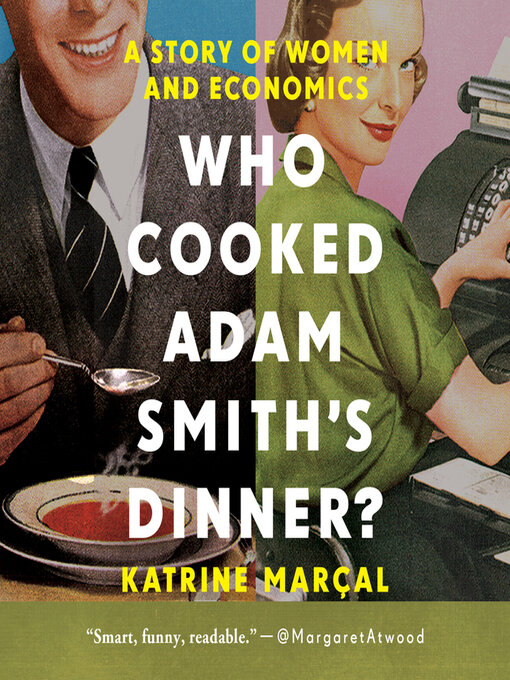- BPL program guides
- Available Now
- New eBook Additions
- New Kids Additions
- New Teen Additions
- Try Something Different
- Newly Added SciFi
- See all
- Available Now
- New Audiobook Additions
- New Kids Additions
- New Teen Additions
- Most Popular
- Try Something Different
- Always Available Audiobooks
- See all

